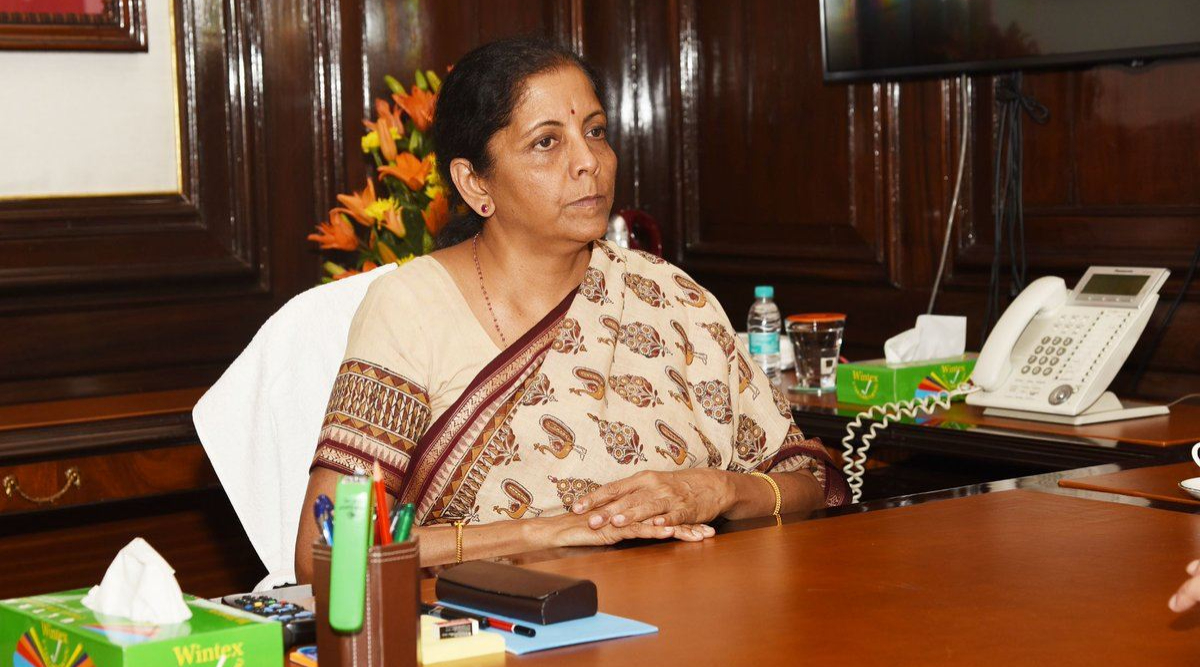1.14 Lakh Startups Create Over 12 Lakh Jobs in India: Finance Ministry
India’s startup ecosystem is witnessing unprecedented growth. According to the Finance Ministry, over 1.14 lakh startups have generated more than 12 lakh (1.2 million) jobs in the country. This massive contribution to job creation in India highlights the importance of startups in fueling economic growth, innovation, and employment opportunities.
These startups are not only creating jobs but are also pioneering new green technologies and solutions to global challenges, such as climate change and carbon emissions. A growing trend among these startups is their focus on helping carbon dioxide (CO2) find a new life through carbon capture and carbon utilization technologies. This sustainable innovation is helping reduce the carbon footprint and transform CO2 into useful products like plastics, fuels, and other materials, making significant strides in India’s journey towards eco-friendly growth.
E-commerce Giants Like Udaan Play a Vital Role
Among the many players in the e-commerce industry in India, Udaan has become a prime example of how digital transformation is driving both business growth and job creation. Udaan connects small businesses to large markets, enabling them to scale and reach new customers, and significantly contributing to small business growth. Through its platform, Udaan streamlines the supply chain and opens up access to larger business networks, which in turn creates new employment opportunities in sectors such as logistics, technology, and customer service.
By fostering the growth of e-commerce startups, platforms like Udaan are shaping the future of the Indian digital economy, offering a glimpse into the future of online marketplaces and the vast potential they hold for job creation and business expansion.
A Vision for the Future: Sustainable Growth and Innovation
India’s startup revolution is not just about business growth; it’s also about creating a more inclusive, sustainable future. Startups are embracing green technologies, like carbon capture and utilization (CCU), which are helping the country take major strides in addressing environmental concerns. These technologies offer promising solutions to reduce carbon emissions and contribute to a cleaner environment, making India a leader in the global race toward sustainable development.
The growth of startups also aligns with the vision of a digital economy that promotes inclusive growth by creating job opportunities for people from all sectors. Eco-friendly innovations in India’s startups are not only focusing on business profits but are also significantly contributing to addressing global warming and building a greener future for the country.
Conclusion: Startups Driving India’s Economic Transformation
India’s startups, whether in the fields of e-commerce, sustainability, or technology, are creating new opportunities, advancing job creation, and contributing to economic growth. By embracing green innovations, these startups are making strides toward reducing India’s carbon footprint while building a future that prioritizes both environmental sustainability and economic prosperity.
The combination of carbon utilization technologies and the rapid growth of e-commerce platforms like Udaan is helping India move toward a more inclusive and sustainable future. This is just the beginning of India’s startup ecosystem revolution, where job creation, technological advancement, and environmental sustainability go hand in hand to shape a prosperous and eco-friendly future.
“Startups in India,” “Job Creation,” “Green Technologies,” “Sustainable Innovation,” “Carbon Capture,” “E-commerce Growth,” “Small Business Growth,” and “Eco-friendly Growth”.



